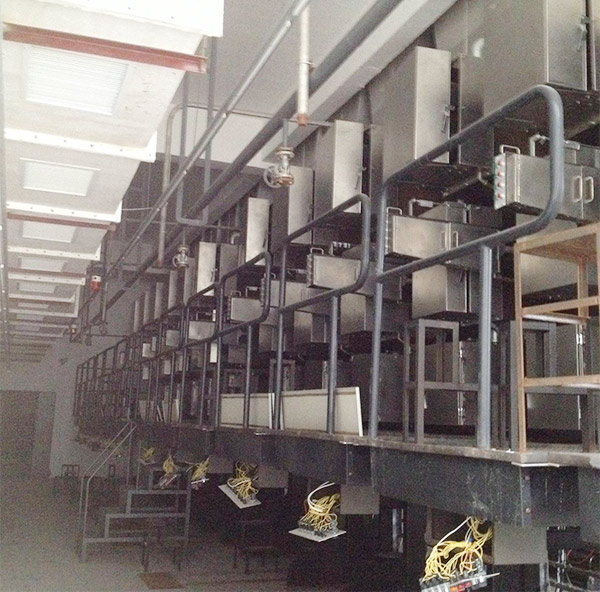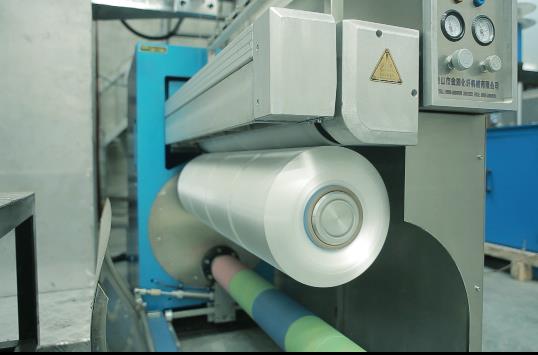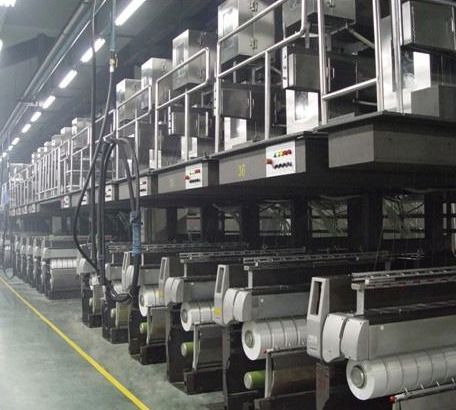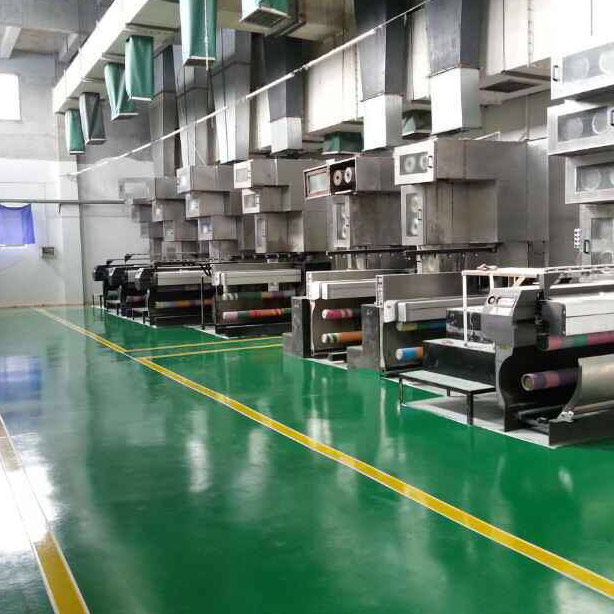- Polypropylene spinning machine
- Polypropylene FDY equipment
- Polyester POY spinning machine
- Polyamide FDY common and high strength equipment
- Polyester FDY equipment
- Polyester high strength equipment
- polyester、Polyamide、 Polypropylene BCF equipment
- Small spinning machine
- All kinds of spinning special parts
- Textile News | Ancient Silk Brocade Meets Modern Trends, Xintang Jeans Embarks on a New Journey: The Innovative Breakthrough Path of the Textile Industry!
- The International Symposium on Textile Exhibition Cooperation and Business Training Conference was held in Shaoxing.
- The International Symposium on Textile Exhibition Cooperation and Business Training Conference was held in Shaoxing.
- Technical Optimization of Polypropylene FDY Spinning Machine and Its Application Value
- Thousands of ships racing forward like a rainbow, all new things emerging as the sun rises. | FuBang Chemical Fiber Machinery wishes you a happy New Year's Day and a prosperous future!

- Contact:Mr. Huang Guofu
- Cel:0086-13901505556
- Fax:0086-519-83341119
- Email:czfb5556@126.com
- Add:No. 288-8 ChangLi Rd, Huangli Town, Changzhou, JS PRV.
According to a report from Vietnam's "Vietnam News" on September 22: Vietnam-EU Free Trade Agreement (EVFTA) rules of origin limit the source of raw materials for companies. Experts say that in order to seize the opportunity to export to the EU, Vietnamese textile and clothing companies must overcome the obstacle of shortage of raw materials.
According to data from the Ministry of Industry and Trade of Vietnam, the EU has a huge demand for textiles and clothing, with an annual import value of approximately US$250 billion. Vietnam’s exports to the EU in 2019 amounted to US$4.3 billion, an increase of 3.8% year-on-year, accounting for only 2% of the EU market. The Ministry of Industry and Trade stated that the EVFTA, which will take effect from August 2020, is expected to help Vietnam's textile and garment industry to increase exports to the EU by 67% by 2025. However, according to EVFTA's commitment, in addition to meeting strict quality standards and enjoying preferential tariffs, local companies must also implement strict origin requirements, especially the origin rules from the fabric link, which means that products exported to the EU must be used Fabrics produced in Vietnam or the European Union. The agreement also allows the use of raw materials from Vietnam and the EU's joint free trade partners. This has become a weakness of the Vietnamese textile and garment industry, as most of the raw materials are imported from countries that have not yet signed a free trade agreement with the European Union.
Vo De Jiang, chairman of the Vietnam Textile and Apparel Association, said that local textile and apparel manufacturers should use domestic raw materials in the production of products for export to the EU, but in fact many people do not know the source of the raw materials. In addition, new-generation FTAs such as the Comprehensive and Progressive Trans-Pacific Partnership Agreement (CPTPP) and EVFTA have very strict regulations on materials and manufacturing processes.
The relevant negotiating experts in Vietnam believe that to solve this problem, the textile and apparel industry can use fabrics imported from countries that have signed FTAs with the EU, such as South Korea, to enjoy the preferential EVFTA tax rate. However, due to distance and price, the quantity of fabrics imported from Korea is very small. In the long run, Vietnam needs a comprehensive strategy to seize opportunities in the EU market. A clothing company said that in order to meet the EVFTA origin requirements, the company has signed a contract to import raw materials from EU free trade partners such as South Korea and Turkey instead of buying from China.
In addition, the Ministry of Industry and Trade is formulating a development plan for the textile and apparel industry to develop a large-scale textile and printing and dyeing industrial park with a wastewater treatment system that meets international standards by 2040 to attract investors and create a textile-dyeing-clothing cycle. This will help Vietnam’s domestic textile and apparel industry to join the global supply chain, reduce dependence on imported materials, and make full use of EVFTA and other free trade agreements.
- Textile News | Ancient Silk Brocade Meets Modern Trends, Xintang Jeans Embarks on a New Jo
- The International Symposium on Textile Exhibition Cooperation and Business Training Confer
- The International Symposium on Textile Exhibition Cooperation and Business Training Confer
- Technical Optimization of Polypropylene FDY Spinning Machine and Its Application Value
- Thousands of ships racing forward like a rainbow, all new things emerging as the sun rises
- Several silk textile industry renewal projects in Shengze have started construction
- Polypropylene FDY spinning machine is a key equipment for the production of high-performan
- The Winter Solstice marks the rise of Yang energy. In Fubon spinning machines, the Winter
- The establishment conference of Guangzhou Modern Textile and Garment New Quality Productiv
- The key points of control in the polypropylene FDY spinning machine process and their rela




